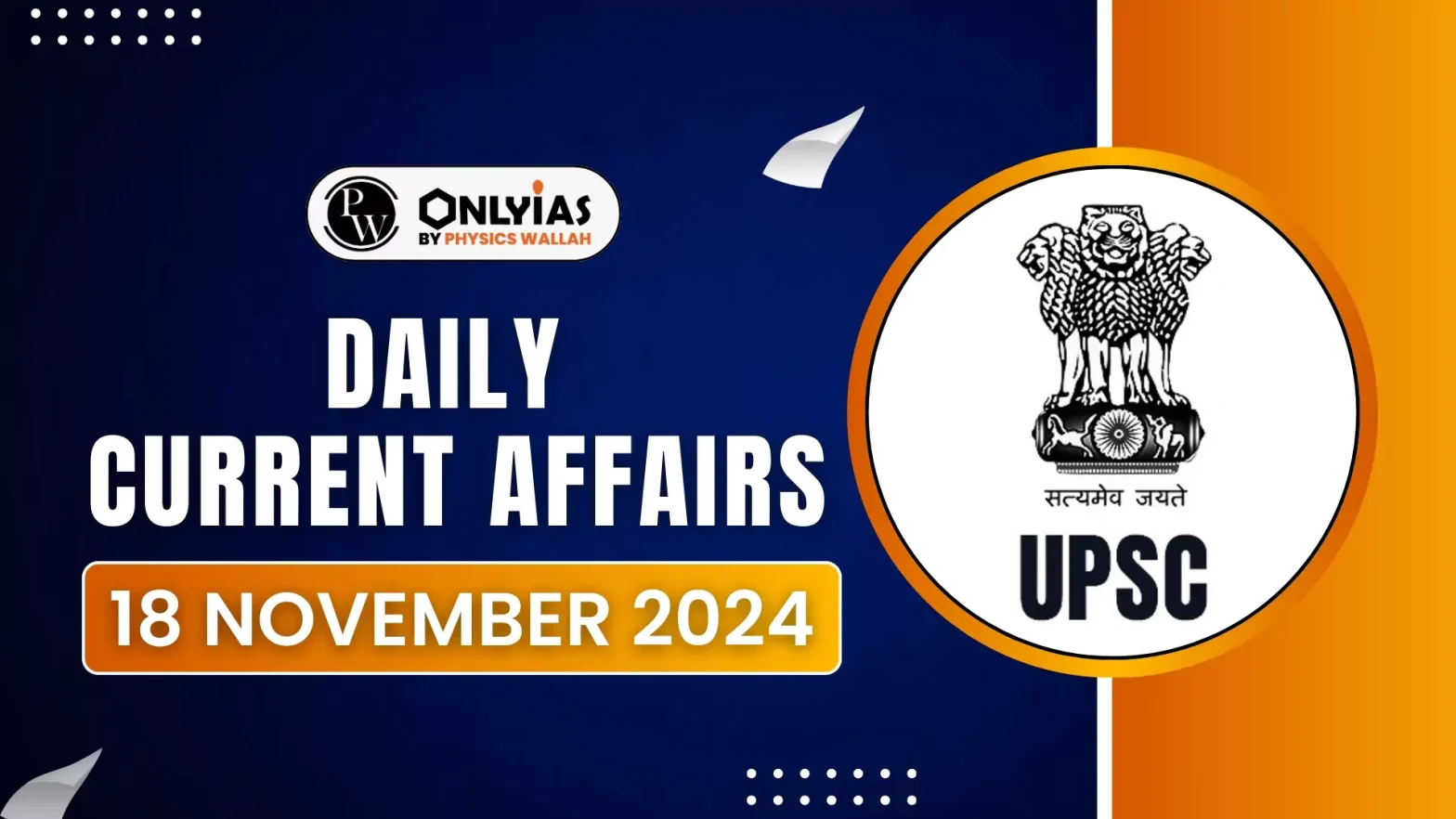The Intergovernmental Oceanographic Commission of the United Nations Educational, Scientific and Cultural Organisation (IOC-UNESCO) has recognised 24 coastal villages in Odisha as ‘Tsunami Ready’ during the 2nd Global Tsunami Symposium in Indonesia.
Background:
- About Tsunami: It is a series of waves in a water body caused by the displacement of a large volume of water due to earthquake, volcanic eruptions etc.
- Indian Ocean Tsunami (2004): Occurred on December 26, 2004, also known as the Aceh Tsunami.
- Impact: 228,000 lives lost, Over 1.6 million displaced and Economic losses of USD 10 billion.
- Challenges:
- No tsunami warning system for the Indian Ocean.
- Limited awareness of tsunami risks.
- Outcome: Led to the establishment of regional tsunami warning systems in vulnerable ocean basins.
- World Tsunami Awareness Day: It is an annual event held on 5 November to raise awareness about tsunami risks and emphasises preparedness and early warning systems.
|
Enroll now for UPSC Online Course
About the Tsunami Ready Villages
- Tsunami Ready Villages are coastal communities/villages recognised under the UNESCO-IOC Tsunami Ready Recognition Programme (TRRP) for their preparedness to respond effectively to tsunami threats.
- Activities Conducted in these Tsunami Ready Villages:
- Training of stakeholders.
- Community awareness programs.
- Development of tsunami management plans.
- Identification of evacuation routes.
- Mock drills for readiness.
- Recently Recognized Villages: The villages are located across six coastal districts of Balasore, Bhadrak, Kendrapara, Jagatsinghpur, Puri, and Ganjam.
- Renewal Of Tsunami Ready Recognition Certificates: Certificates for two villages, Noliasahi (Jagatsinghpur) and Venkatraipur (Ganjam), initially recognized in 2020, were renewed.
- Verification Process Inspection:
- Conducted by the National Tsunami Ready Recognition Board (NTRB).
- The NTRB is composed of scientists from the Indian National Centre for Ocean Information Services (INCOIS) and officers from National Disaster Management Authority (NDMA).
- NTRB is responsible for reviewing and approving the Tsunami Ready Application.
- Criteria: Evaluation based on 12 specific indicators.
- Indian National Center for Ocean Information Services (INCOIS) is an autonomous organisation under the Ministry of Earth Sciences, located in Hyderabad.
- The National Disaster Management Authority (NDMA), headed by the Prime Minister of India, is the apex body for Disaster Management in India.
|
-
- Recommendation: After verification, NTRB recommended recognition to IOC-UNESCO for recognising the communities of these 26 coastal villages of Odisha as Tsunami Ready Communities.
- Future Plans
- Tsunami-Prone Villages:
- The Odisha government identified 381 villages as vulnerable.
- Odisha State Disaster Management Authority (OSDMA) aims to make all these communities ‘Tsunami Ready’.
About IOC-UNESCO and Tsunami Ready Recognition Programme (TRRP)
- The Intergovernmental Oceanographic Commission of UNESCO (IOC/UNESCO) promotes international cooperation in marine sciences to improve management of the ocean, coasts and marine resources.
- The IOC is in charge of coordinating the United Nations Decade of Ocean Science for Sustainable Development 2021-2030, the “Ocean Decade”.
- UNESCO-IOC Tsunami Ready Recognition Programme (TRRP): The TRRP enhances community preparedness for tsunamis through education, training, and response planning.
- Communities are evaluated by IOC-UNESCO on 12 specific indicators.
|
Check Out UPSC CSE Books From PW Store
About 2nd UNESCO-IOC Global Tsunami Symposium
- Theme: “Two Decades After 2004 Indian Ocean Tsunami: Reflection and the Way Forward.”
- Dates: Held from November 11–14, 2024.
- Location: Banda Aceh, Indonesia.
- Organisers: Hosted by the Government of Indonesia through BMKG (Agency of Meteorology, Climatology, and Geophysics).
- Collaboration with UNESCO-IOC Tsunami Resilience Section and IUGG Joint Tsunami Commission.
- Symposium Goals:
- Review Regional Contributions: Review contributions to the UN Ocean Decade Tsunami Programme (ODTP).
- ODTP an effort to bolster the global tsunami warning system by reducing response times and enhancing community readiness
- Alignment with UN Goals: Support the objectives of the UN Ocean Decade Tsunami Programme (ODTP) under the “Safe Ocean” outcome of the UN Decade of Ocean Science for Sustainable Development by 2030.
- More accurate and timely tsunami warnings;
- 100% at-risk communities prepared and resilient to the tsunami threat.
![]() 18 Nov 2024
18 Nov 2024
